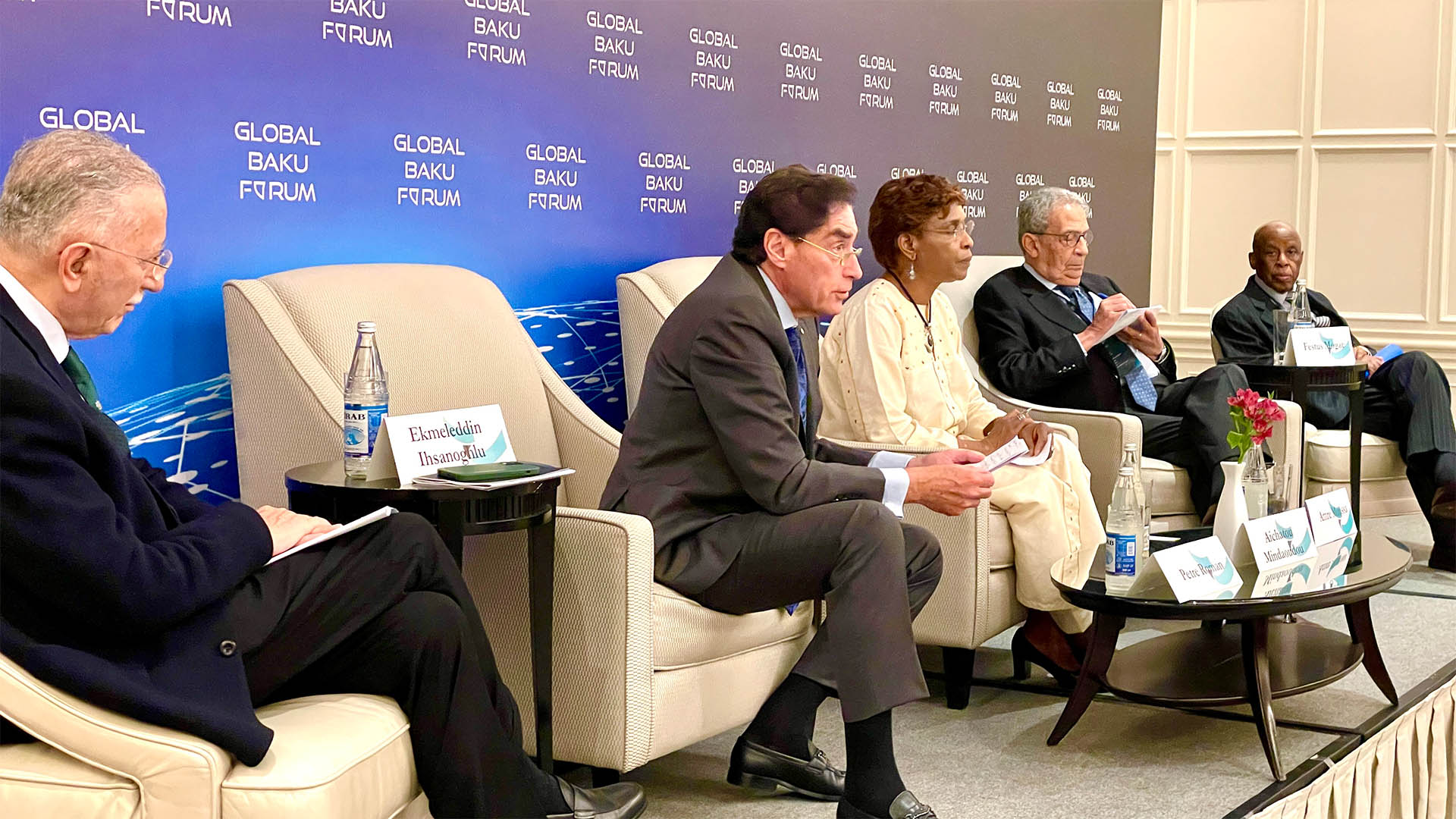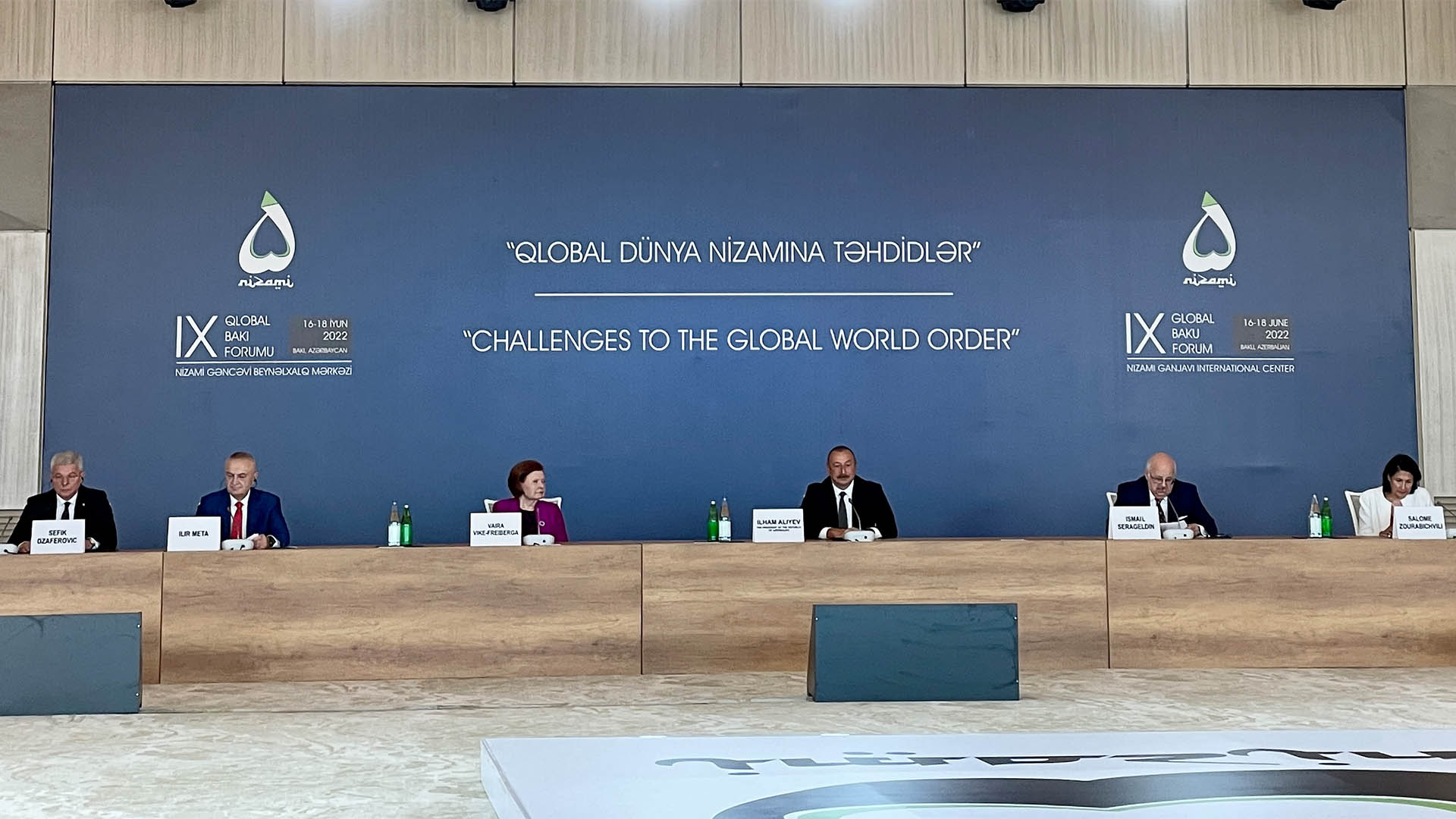

Increased challenges – Up till the fourth quarter of 2020, Africa was the second fastest growing economy in the world after Asia, despite imbalances and many systemic challenges, including poverty and youth employment. Growth was strong. The COVID 19 pandemic has slowed growth in sub-Saharan Africa and could reverse years of economic and social progress. As the continent focused on recovering from its first recession in 25 years while the pandemic was subsiding, the war in Ukraine started.
As a result, the war in Ukraine has complicated the challenges facing Africa. The current situation is globally marked by several stressors: economic (debt problems, raw material exports), and political, and social (political instability and terrorism in several regions (Sahel, Lake Chad Region, East Africa and more recently West Africa coastal Region) (Global Terrorism Index 2022). Among other issues, Africa is also struggling to manage the adverse effects of climate change and food insecurity.
Negative impact of the war – Against this background, as elsewhere in the world, the African continent is experiencing the negative impact of war with intensified socio-economic pressures. As many countries are heavily dependent on food imports and export of raw materials, the rise in the world price of oil has increased the price of imported goods, adding to the vulnerability of the poor. The conflict is also aggravating food insecurity, with a risk of exacerbating latent conflicts in the Horn of Africa and the Sahel. Achieving the 2030 Sustainable Development Goals (SDGs) for the region is at stake.
The paradigm shift – Another outcome of the war in Ukraine is the paradigm shift. The public opinion in Africa is becoming increasingly aware of the differential treatment of the international community when it comes to resources mobilization. This results from the difference between the amounts allocated through traditional cooperation partners to fight hunger, insecurity, COVID-19 in the region, and those allocated by the same partners to support Ukraine. Today, more than ever, Africa is opening to new partners, with an even greater concern for its own interests and an orientation towards more balanced cooperation.
Consequently, the overwhelming public opinion in the media and social networks is « this is not our war », a perception that resonates with a certain African position in international relations. Thus, much has been written about the posture of African countries during the 2 March 2022 vote on the UN resolution condemning the Russian invasion of Ukraine.
An opportunity for Africa – The current geopolitical crisis is an opportunity for Africa to reduce its dependence on food imports from outside the continent. The African region is strengthening and implementing regional responses through its African and regional organizations and initiatives under the aegis of African Continental Free Trade Area (AfCFTA), Economic Community of West African States (ECOWAS), African Development Bank (AfDB) and several programs to reduce the impact of price inflation and support local production.
The win-win dynamic is intensifying. More than ever, African countries are pursuing their interests in implementing national development plans/policies through their partnerships.
In many countries, priority is being given to local oil and gas production, renewable energy, consumption and processing of local products, youth employment and the private sector, among others.
The way forward. Despite great challenges remaining, African populations have adopted and demonstrated reflexes to resist health and humanitarian crises (COVID-19, Ebola, cholera, natural disasters, conflicts, and famines…). African leaders have no choice but to improve governance, to anticipate and continue to make bold policy decisions focused on promotion of local production and local consumption and win-win cooperation. This political courage combined with the good attitude of most of the population, will accelerate the recovery from the impact of the war.
From a broader perspective, managing climate change through transformative and inclusive approaches (food security, nutrition, social protection, environmental sustainability, and resilience to shocks) is the way forward for Africa. Especially since it has made access to sustainable energy for all and the restoration of one billion hectares of degraded land by 2030 a top priority.
Finally, all efforts must converge towards the maintenance of world peace and security and above all in stopping the arms race.
By Aïchatou Mindaoudou, 5 June 2022